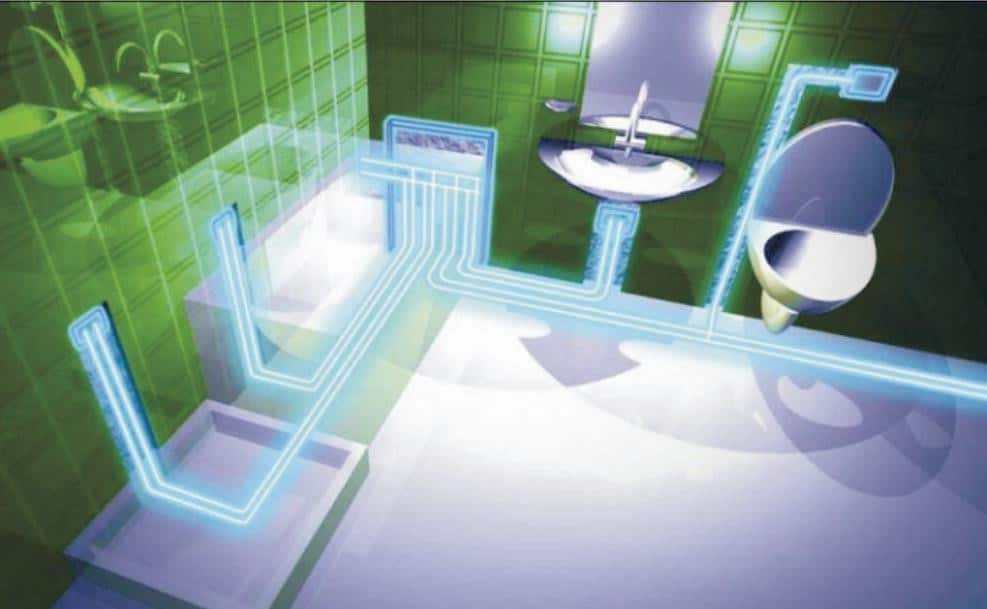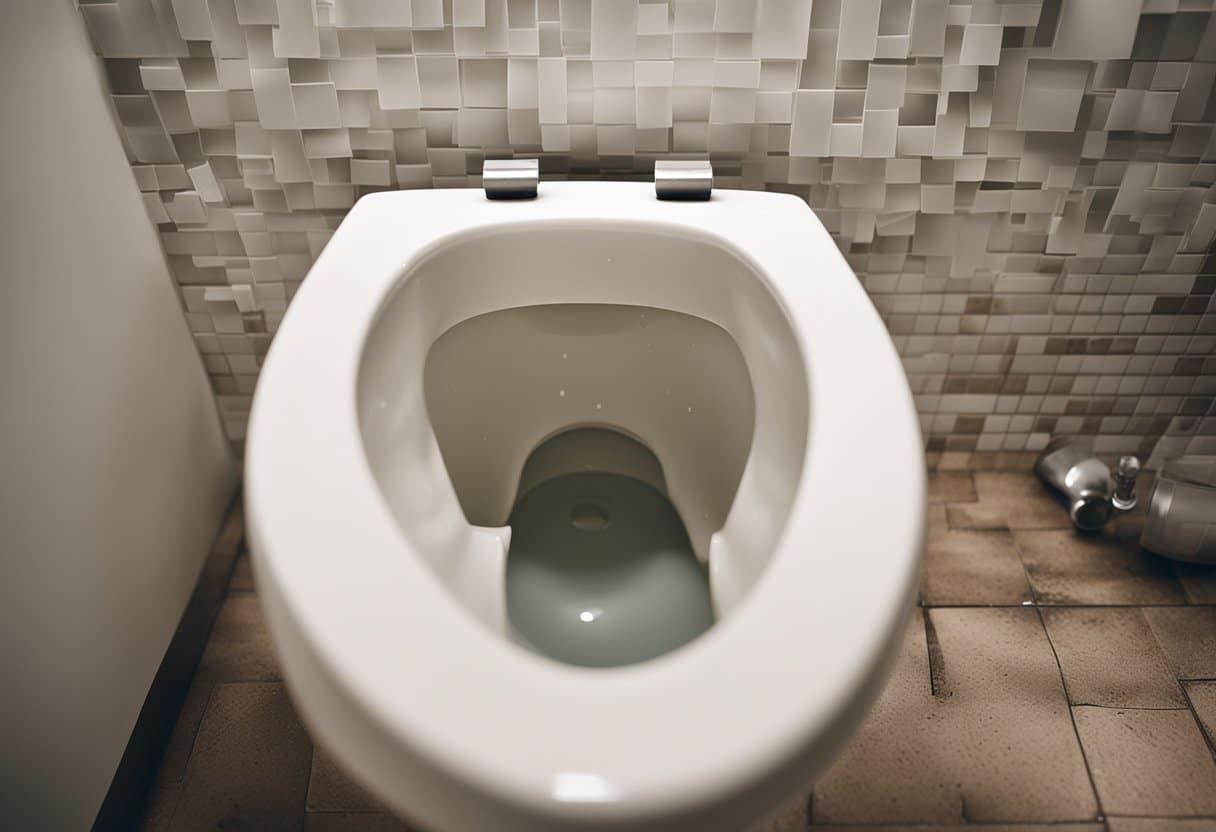Flushing hair down the toilet might seem like a convenient way to dispose of stray strands, but it’s not advisable. Hair does not break down in water easily and can contribute to significant plumbing blockages. These clogs can lead to costly repairs and inconvenient plumbing issues.
Water treatment systems are not designed to handle hair. When hair accumulates, it can cause problems not only in household pipes but also in municipal sewer systems. This makes the seemingly harmless act of flushing hair potentially harmful on a larger scale.
There are better ways to dispose of hair to avoid these complications. Consider alternatives such as wrapping hair in tissue and disposing of it in the trash or composting if applicable. Making small efforts in proper disposal habits can save considerable trouble in the future.
Understanding the Plumbing System

Hair can impact plumbing systems in significant ways. Regular professional maintenance can mitigate these issues and keep your system running smoothly.
Impact of Hair on Pipes
Hair does not dissolve in water, making it a common cause of clogs in plumbing systems. When flushed down the toilet, hair can accumulate in the pipes, creating blockages. Over time, these blockages can become severe, restricting water flow and potentially causing water backups.
The situation worsens as hair often entangles other debris, such as soap scum and grease. This creates larger clogs that are even harder to remove. To prevent these issues, consider installing hair traps or screens in drains to catch hair before it enters the plumbing system.
The Role of Professional Maintenance
Professional plumbers possess the expertise and equipment necessary to address and prevent hair-related clogs. Regular inspections can identify potential problem areas before they lead to serious issues. Plumbers use specialized tools like augers and hydro-jetting to clear blocked pipes effectively.
Hire an experienced plumber for routine maintenance can extend the lifespan of your plumbing system. These professionals can also provide advice on best practices for preventing hair-related clogs, ensuring your system remains functional and efficient.
Best Practices for Hair Disposal
Proper hair disposal prevents plumbing issues and helps maintain a clean, blockage-free home. There are effective alternatives to flushing hair and specific situations when consulting a professional plumber is advisable.
Alternatives to Flushing Hair
Flushing hair down the toilet can lead to stubborn clogs and expensive repairs. Instead, consider using a hair trap or drain cover in your bathroom sinks and showers. These tools catch hair before it enters the plumbing system.
Another option is to create a separate container for hair disposal. Simply collect it after brushing or cleaning and dispose of it in your regular trash. Composting is also a viable alternative if you have a compost bin. Hair is biodegradable and can serve as a valuable component in your compost.
If you are dealing with significant hair fall, consider more routine cleaning of your hair-catching tools. Regular maintenance ensures long-term efficacy and reduces the risk of plumbing issues.
When to Consult a Professional Plumber
If you notice persistent slow drainage or frequent backups, it may be time to seek assistance. A Yucaipa plumber can provide a professional assessment and cleaning.
They have specialized equipment for deep cleaning and can effectively address clogged pipes caused by hair or other debris. Ignoring these signs can lead to more severe problems, including complete blockages and potential water damage.
Hiring a professional also ensures safe and proper disposal methods. Professional plumbers can offer valuable advice on preventing hair-related plumbing issues moving forward.
Simply making informed choices about hair disposal can save time, money, and the stress of unexpected plumbing emergencies.

